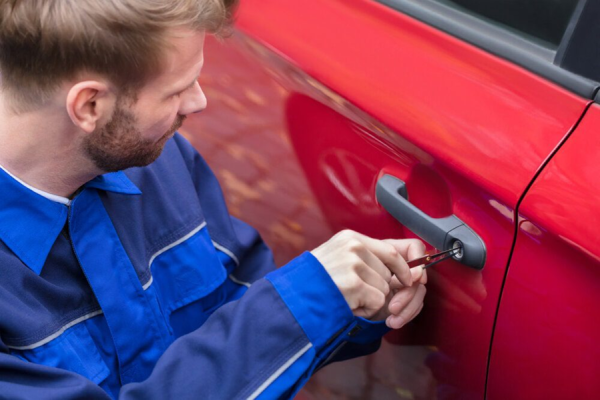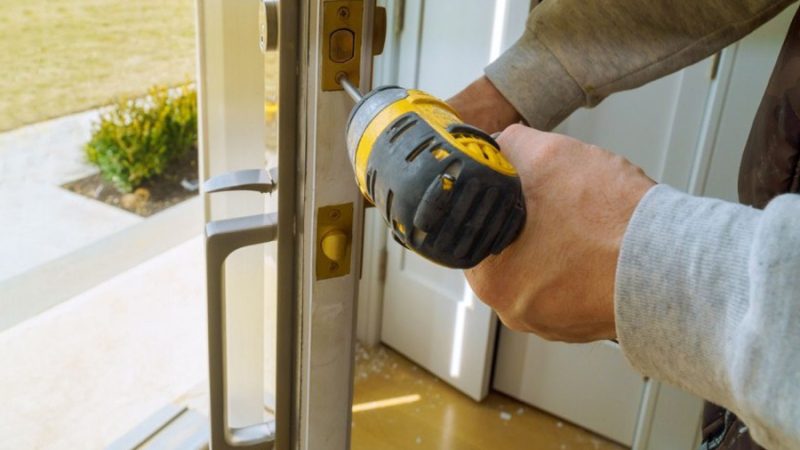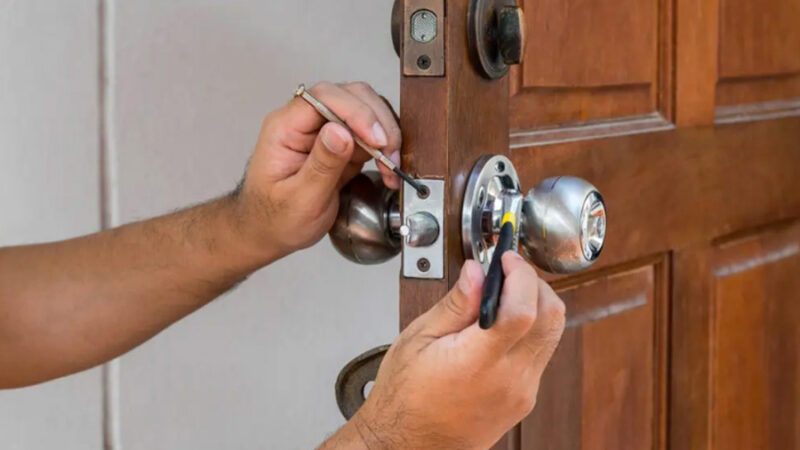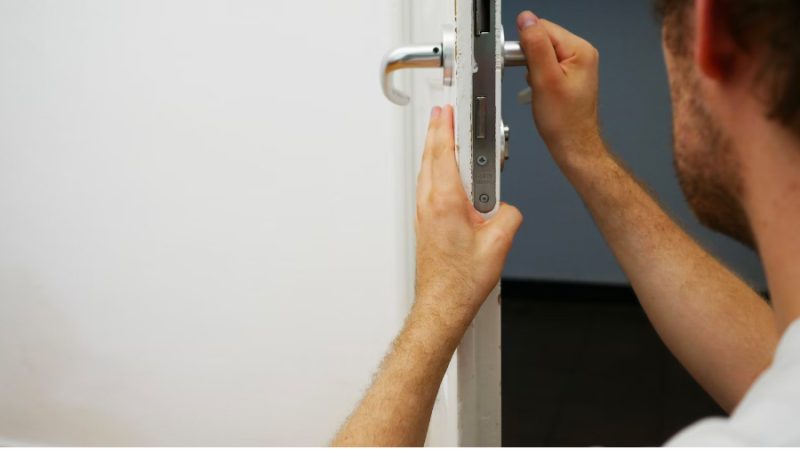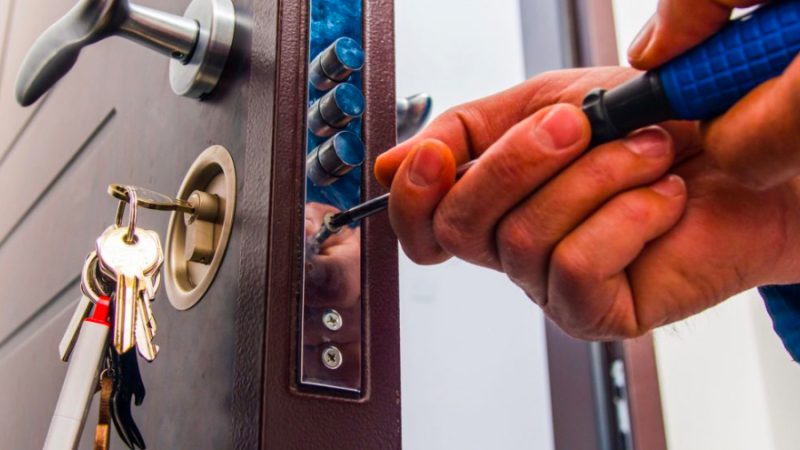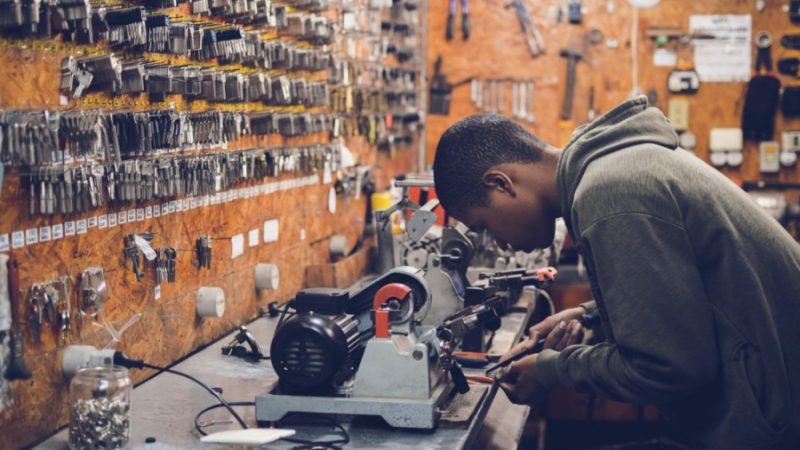Common Locksmith Problems and How to Solve Them
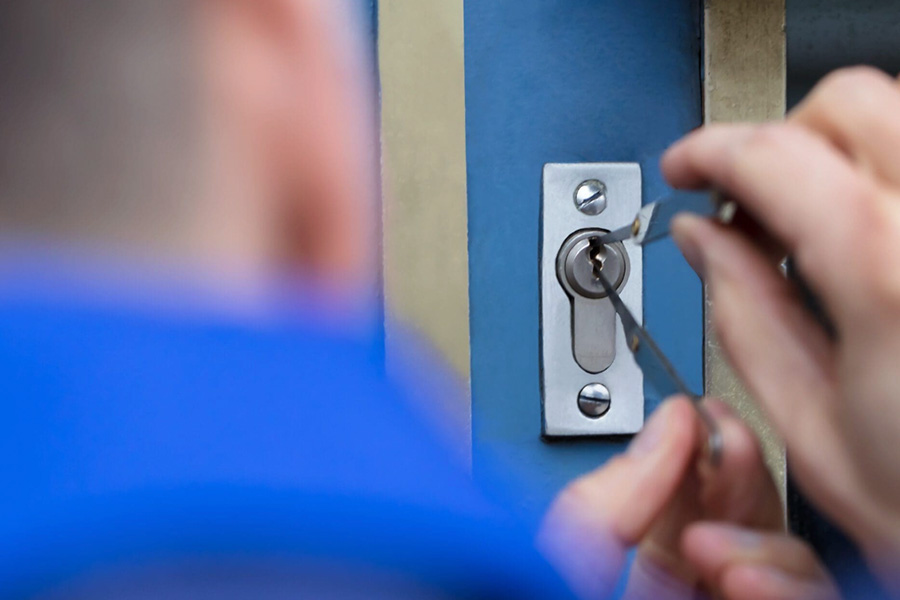
As a locksmith with many years of experience, I have seen just about every problem that can occur with locks, keys, and doors. Most people will only need a locksmith a few times in their life, but when the need arises, it can be urgent and stressful. Whether it is a broken key, a faulty lock, or an issue with uPVC doors and windows, the right advice and action can save you both time and money. In this article, I will explain the most common locksmith problems I deal with daily, why they occur, and what you can do about them. I will also point out when it is sensible to call in a professional and how to make sure you get the best service possible. If you are facing persistent uPVC door issues, you may find it useful to check out the services at Repair UPVC who specialise in repairs to frames, locks, and mechanisms.
Keys Snapping in Locks
One of the most common reasons people call a locksmith is because their key has snapped in the lock. This usually happens when the key is already weak, or the lock has become stiff and hard to turn. Attempting to force the key often makes the problem worse.
When a key snaps, you need to avoid trying to dig it out with makeshift tools. This can push the broken part further inside and damage the lock pins. A locksmith has the correct extractors to remove the broken piece without harming the mechanism.
To prevent this from happening again, I advise having worn keys replaced and ensuring your locks are lubricated at least once a year. Use a graphite-based lubricant rather than oil, which can clog up the pins.
Jammed uPVC Door Locks
uPVC doors are common in the UK, but they are not without problems. A frequent issue is the locking mechanism jamming, making it impossible to open or close the door. Multi-point locks can become misaligned if the door drops slightly on its hinges or if the locking strip wears out.
Signs of trouble include having to lift the handle higher than usual, or the lock working intermittently. In some cases, the door will not lock at all.
To solve this, a locksmith will usually realign the door, adjust the keeps on the frame, or replace the gearbox inside the multi-point strip. These repairs are common and often more cost-effective than replacing the entire unit.
If you find your uPVC lock is playing up, avoid slamming the door shut, as this can worsen the misalignment.
Worn or Damaged Locks
All locks eventually wear out, especially if they are used multiple times a day. Cylinders can develop faults, levers inside mortice locks can stick, and euro cylinders can become loose over time.
A faulty lock is more than just an inconvenience. It can compromise your security and put your property at risk. As an experienced locksmith, I recommend replacing locks that are no longer working smoothly rather than trying to keep them going with quick fixes.
When replacing a lock, it is best to upgrade to a British Standard model that meets insurance requirements. For uPVC doors, anti-snap euro cylinders are an essential choice. These provide extra protection against a common method of forced entry known as lock snapping.
Lost Keys
Another everyday problem is lost keys. Misplacing keys can be frustrating, but it also raises the question of security. If your keys are gone and you cannot be sure they will not fall into the wrong hands, changing the locks is the safest option.
In the case of uPVC doors, it is often possible to replace the cylinder without changing the entire mechanism. This is a quick job for a locksmith and ensures that old keys no longer work.
Many homeowners now choose to have spare keys cut and kept in a safe place. While key cutting machines are widely available, it is best to use a locksmith who can guarantee accuracy. Poorly cut keys wear down locks faster.
Lockouts
Lockouts happen to almost everyone at some point. Closing the door behind you without picking up your keys is easy to do, and it can happen at the worst times.
A professional locksmith can usually gain entry without damage. Techniques such as lock picking and bypassing are used to get the door open, and a skilled locksmith will always attempt non-destructive entry first.
The important thing is not to try forcing your way in, as this can lead to broken locks or damaged doors. In my years on call, I have seen many people turn a simple lockout into a much more expensive repair.
Security Upgrades
Sometimes, the problem is not a faulty lock but one that is outdated. Many properties still have locks that do not meet modern standards, leaving them vulnerable.
Upgrading locks is a straightforward process. For wooden doors, 5-lever mortice deadlocks marked with the British Standard kite mark are recommended. For uPVC and composite doors, anti-snap cylinders and reinforced handles provide good protection.
A locksmith can also advise on additional security measures such as sash jammers, hinge bolts, or door chains. These simple additions can make a significant difference.
Door Alignment Problems
Doors that catch on the frame or need to be lifted to close properly usually have alignment issues. This is common with uPVC and composite doors, as they are heavy and can drop slightly over time.
Misalignment puts extra strain on the locking mechanism, leading to premature failure. A locksmith can adjust the hinges and keeps, restoring smooth operation.
I often recommend having doors checked every couple of years to avoid more costly problems later. Regular maintenance keeps everything working as it should.
Window Lock Issues
Windows are often overlooked when it comes to locksmith services, but faulty window locks can be just as much of a problem as door locks. Common faults include stiff handles, broken gearboxes, and misaligned espagnolette rods.
Leaving a faulty window lock unrepaired is a security risk. A locksmith trained in uPVC systems can repair or replace the parts as needed.
Safe Problems
Many households and businesses use safes, but they can also develop faults. Forgotten codes, lost keys, or electronic lock failures are common reasons people call me out.
Opening a safe without damaging it requires the right tools and knowledge. In most cases, a locksmith can reset or replace the lock, allowing the safe to be used again.
It is always worth testing your safe regularly to ensure you can still access it. Waiting until you need it urgently can make the situation more stressful.
Preventative Maintenance
A lot of the problems I see as a locksmith could have been prevented with basic maintenance. Simple steps like keeping locks lubricated, checking for loose screws, and testing spare keys can extend the life of your hardware.
I recommend:
- Lubricating locks once or twice a year with graphite powder or a silicone spray.
- Checking uPVC doors for signs of dropping or misalignment.
- Having spare keys cut before you lose the original.
- Testing windows to ensure their locks work smoothly.
Preventative care not only saves money but also helps avoid emergencies.
When to Call a Locksmith
There are some issues you can deal with yourself, such as tightening a loose handle or applying lubricant to a sticky lock. But for anything that involves broken parts, misalignment, or security concerns, a professional locksmith is the best option.
A locksmith can identify the exact problem, use the correct tools, and fit quality parts that meet safety standards. This ensures the repair lasts and that your home remains secure.
If you are in Yorkshire and looking for reliable assistance, White Rose Locksmiths provide emergency lockout services, uPVC lock repairs, and security upgrades.
Emergency Callouts
Locksmith problems often happen at inconvenient times. That is why many locksmiths, myself included, offer a 24-hour callout service. Being locked out late at night or dealing with a door that will not secure properly needs immediate attention.
Emergency locksmiths are trained to respond quickly, often arriving within an hour. Having a trusted contact number stored in your phone can give you peace of mind.
Choosing the Right Locksmith
Not all locksmiths are the same. Some specialise in automotive work, others in safes, and many focus on residential or commercial properties.
When choosing a locksmith, I recommend checking:
- Whether they are local and can reach you quickly.
- If they have experience with the type of locks you use.
- Whether they offer a guarantee on their work.
- If they use quality, insurance-approved parts.
Avoid choosing solely on price, as the cheapest option may not always provide the best service.
Why Professional Repairs Are Worth It
I often meet people who have tried to fix locks themselves or used unqualified tradespeople. While this may save money in the short term, it usually leads to further problems.
A locksmith brings specialist knowledge, the right tools, and access to quality parts. This means the repair will be done correctly and will last longer.
When it comes to something as important as securing your home, professional work is always worth the investment.


